When we hear of abuse, the question that pops up in our minds is why do women stay in abusive relationships? Why doesn’t she leave it? What is making her stay in this relationship? If you are fortunate to never have been in one, you may find it easy to question the victim.
But the reality is quite different. To leave an abusive relationship or a controlling partner is easier said than done, and we tell you why. A healthy and fulfilling equation is missing in an abusive relationship where the burden to sustain the partnership falls only on one partner.
They are pressured by many expectations to stay in an abusive marriage. There are various reasons behind these silent sufferings. To understand them, let’s begin by looking deeper into abusive relationships and why women continue to stay in domestic violence.
What Are Abusive Relationships?
Table of Contents
Relationship abuse is defined by a pattern of emotional, financial, physical and sexual behaviors against a current intimate partner. Usually, this crude reality is experienced by a woman after marriage or when living with a partner.
It begins with small incidents that gradually turn huge and affect a woman emotionally, physically, mentally and financially. There are different ways in which a woman is shown disrespect in the house by the man. Gaslighting, mansplaining, verbal taunts, coaxing her to give up a career for the family are a few of the abusive patterns a woman may experience with her partner.
But why does a modern educated career-oriented woman choose this life of suffering in silence, you may ask. There are complex dynamics involved that make her stick to a relationship that does her more harm than good. Let us explore the probable reasons why do women stay in abusive relationships when they can walk out.
Related Reading: What is abuse in a relationship?
Why Do Women Stay On In Abusive Relationships?
Before analyzing the reasons why staying in abusive relationships can become a pattern for some women, we need to understand their emotional state. Men are usually more practical compared to emotionally wired women. Once they feel they have found the man of their dreams, they commit themselves fully to the well-being of a romantic alliance.
An abusive boyfriend finds this attitude convenient to mold his partner as per his wishes. As expected, a woman gives in to mild compromises in her life, and may even refrain from advancing her career goals. So she would choose to stay in an abusive relationship.
The next stage is marriage, which again seeks a different commitment from a woman than for a man. After leaving her comfort zone and all the luxuries of her world, she chooses to lead a challenging life as a married woman, adjusting to a new house and balancing her in-laws’ dynamics.
This is a flawed concept, where no matter how capable or independent she is, the expectations are always more from her to make a marriage last. Ideally, this should be equally applicable to both spouses but the expectations are still high from a married woman.
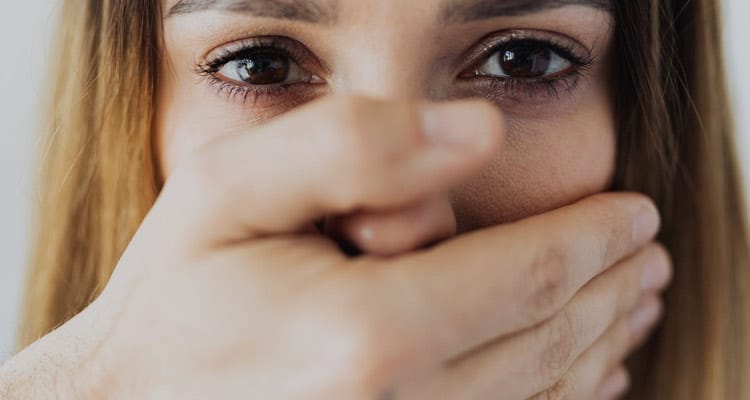
Eight reasons women stay in abusive marriages or relationships
Apart from emotional reasons, why do women stay with abusive men? The fear of societal stigma or abandonment, low self-esteem or financial dependence on the spouse are various probable reasons that make a woman ignore or live with an abusive relationship. We have listed the most common ones below:
- Societal hypocrisy: Many women choose to stay in an abusive relationship because of societal pressures. As a result, they attune themselves to compromise in a marriage. But this is not a new trend. This unequal pattern has been there for many generations. Come on, haven’t we seen many instances in our lives where a woman is laughed at or ridiculed by her husband in front of the whole family, including kids? This sets an unequal pattern for future generations who just think keeping up with such strange behavior is a healthy way of life
- Inequality in mindset: The inequality in relationships begins right from the structure of our wedding and marriage system. The girl has to change her name, and along with that, she loses a part of her identity. Women in abusive relationships also have a dependency of sorts on their husbands and feel hesitant to start afresh with no support whatsoever
- Fear: This is probably the most notable aspect of being in an abusive relationship. Here, the husband or partner emotionally pulls the plugs and controls the woman’s behavior through continuous threats of violence and harm to family members and children. The woman, fearing the safety of her loved ones, fails to open up to any friend or family member and chooses to stay in this toxic relationship. She doesn’t know how to get out of a controlling relationship
- Isolation: Abusers target the women emotionally and mentally as a form of domestic abuse. The uncertain and controlling nature of the partner causes social and familial isolation in women. There are many instances where the victim feels embarrassed and finds it difficult to connect with her family and friends. In such cases, they are prone to becoming reclusive and withdrawn from those around them. They may stop contact with their friends and relatives
- Feeling of low self-esteem: If a woman has been in an abusive relationship for a long time, it can eat away at her self-esteem steadily. A time may come when she starts doubting her self-worth so much that she starts to think that she deserves the abuse. Her confidence goes away, and it takes a lot of emotional healing to get rid of abusive scars on the soul
- They think this is normal: Many times, we wonder why do women stay with abusive men when they know what is happening to them isn’t right. But the problem is that they don’t know this is abnormal. It becomes a kind of pattern for the abuser and the victim. But why do people repeatedly return to abusive relationships? Many women in an abusive relationship think that this is normal. They confuse violence and abuse with some form of expression of love. Women think that every intimate relationship is like this. They mistakenly correlate the mistreatment with the ups and downs of marriage and reconcile. Again, they may have seen similar kinds of abusive marriages in their family, which makes them accept the situation and stay in abusive relationships
- Dependence on the partner: Social isolation can result in over-dependence on the partner, despite the abuse. They might also still be in love with the person. They try to justify his actions out of unconditional love. The abuser may not be an evil person altogether. In many instances, the abuser himself will have suffered prolonged abuse and doesn’t know how to deal with his emotions. If the abuser shows even some amount of affection, it might lead the woman to think that the abuse will end
- Financial constraints: An overly controlling and abusive partner will try to manage a woman’s finances altogether. In many cases, they don’t allow them to hold a job, which results in increased financial dependence on the abuser. A woman in a financially abusive relationship will find it much harder to come out, as she doesn’t have the means to do so. When we ask the question, “why do women stay in abusive relationships”, the answer almost always has to do with dependency on finances
“I am done looking for love where it doesn’t exist. I am done coughing up dust in attempts to drink from dry wells.” ― Maggie Georgiana Young
How can women get out of abusive relationships?
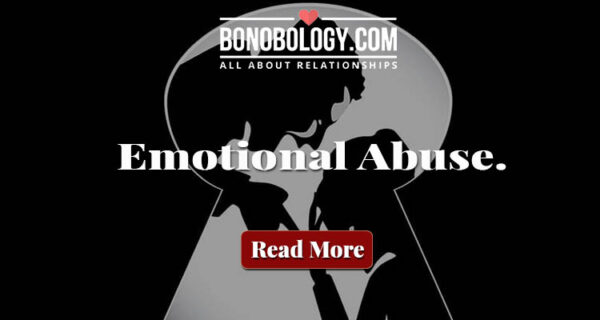
The solution to an abusive relationship might seem very easy to an outsider who will rationally suggest calling it quits. But the reality is entirely different for someone involved in the relationship. It is a tough decision to get out of an abusive relationship.
Before taking any serious step, weigh the consequences. Check out the signs of being in an abusive relationship and find out how toxic your abusive relationship is. Women in abusive relationships initially fail to identify the key, most evident signs.
If you tick most of the symptoms, then it is time to call it quits. Take the abuse seriously. Get clarity on the fact that the decision to stay in violent relationships does more harm than good. We all have a right to live a life of dignity and pride, and when an abuser ruins it, it becomes challenging to gather the pieces to start anew.
For all the women suffering in abusive relationships, here is a tip – talk to someone you trust. Try to be vocal about what makes you uncomfortable. Sometimes, a neutral perspective helps to identify the intensity of the abuse.

Try journaling your experiences and find an outlet for your emotions. This is a magic pill that helps in emotional healing. Weigh out the pros and cons of staying in an abusive relationship, and decide for yourself. You know which option is more freeing.
The next step is to prepare for the exit route. Keep your passport, educational degrees and other essential documents in your custody. Talk to your family about the intensity of the abuse and your laborious efforts invested in keeping it going. Take them into your confidence and step out of the house. Later, you can resume your career, and start the second innings of life with a new hope.
Remember, there are 3 Cs in life: choices, chances and changes. You must choose to take a chance, or your life will never change. In terms of abusive relationships, only ‘YOU’ have the power to choose a better experience, change it and live as a survivor, not as a victim.
Do you know of any such women who lived through abusive relationships? Or if you are one of the survivors, then Bonobology would like to know your story of fighting abuse in relationships.
FAQs
It breaks her completely. She loses her confidence and her self-esteem is at an all time low. She will never be the same again and will constantly doubt her worth.
Depression, anxiety, insecurity about one’s body, and most significantly, constant fear and panic.
Many abusers face some childhood trauma and the effects of it begin to show in adulthood, where they take out their pent up anger and frustration in the form of abuse on others.
5 Signs Of Emotional Abuse You Should Watch Out For Warns Therapist
Your contribution does not constitute a charitable donation. It will allow Bonobology to continue bringing you new and up-to-date information in our pursuit of helping anyone in the world to learn how to do anything.


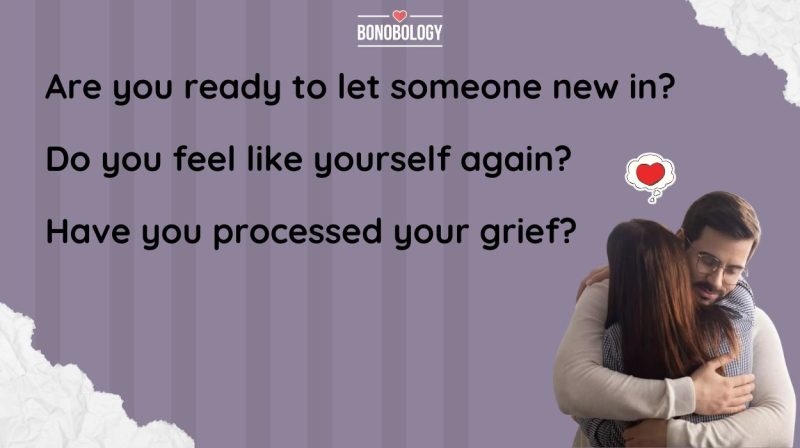
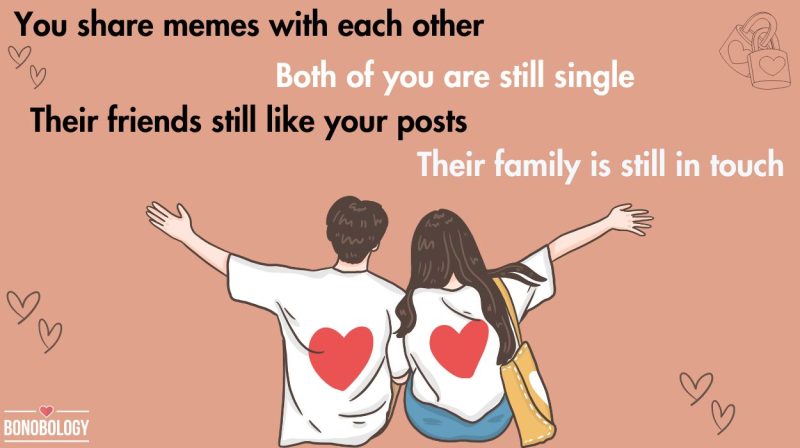














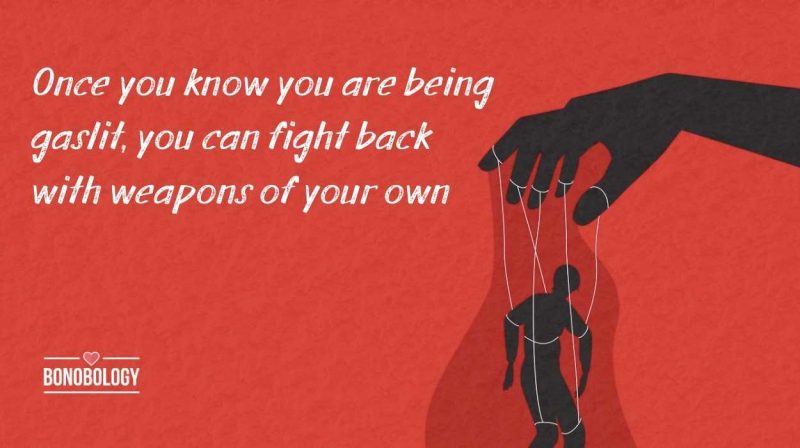

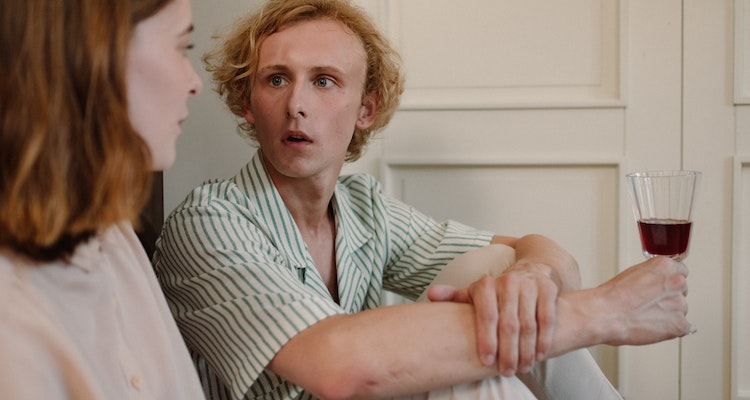

Featured
Am I Moving On Too Quickly After Death Of Spouse—How To Decide
15 Signs You’ll Get Back Together With Your Ex
How To Get Over Trust Issues — A Therapist Shares 9 Tips
Learn How To Forgive Yourself For Hurting Someone You Love
How To Find Peace After Being Cheated On — 9 Tips From A Therapist
How To Forgive A Cheating Husband: 15 Helpful Tips
35 Disturbing Signs Of Gaslighting In A Relationship
What Is Narcissistic Ghosting And How To Respond To It
‘My Husband Starts Fights And Then Blames Me’: Ways To Cope
How To Rebuild Your Life After The Death Of A Spouse: 11 Expert-Backed Tips
My Husband Died And I Want Him Back: Coping With Grief
“Am I Unlovable” – 9 Reasons You Feel This Way
11 Signs Your Girlfriend Was Sexually Abused In The Past And How To Help Her
Coping With Breakups: The Must-Have Breakup Apps For Your Phone
15 Signs You Are Wasting Your Time Trying To Get Your Ex Back
Why Are You Obsessed With Someone You Barely Know — 10 Possible Reasons
33 Phrases To Shut Down Gaslighting And Silence Gaslighters
The Emotion Wheel: What It Is And How To Use It To Build Better Relationships
The Role Of Supportive Relationships In Addiction Recovery
7 Signs You Have A Verbally Abusive Wife And 6 Things You Can Do About It